These equipments (HistoCore BIOCUT Leica microtome, a cooling plate and a bath) are used for cutting paraffin blocks of histological samples in order to perform hematoxilin&eosin staining or immunohistochemistry analyses.
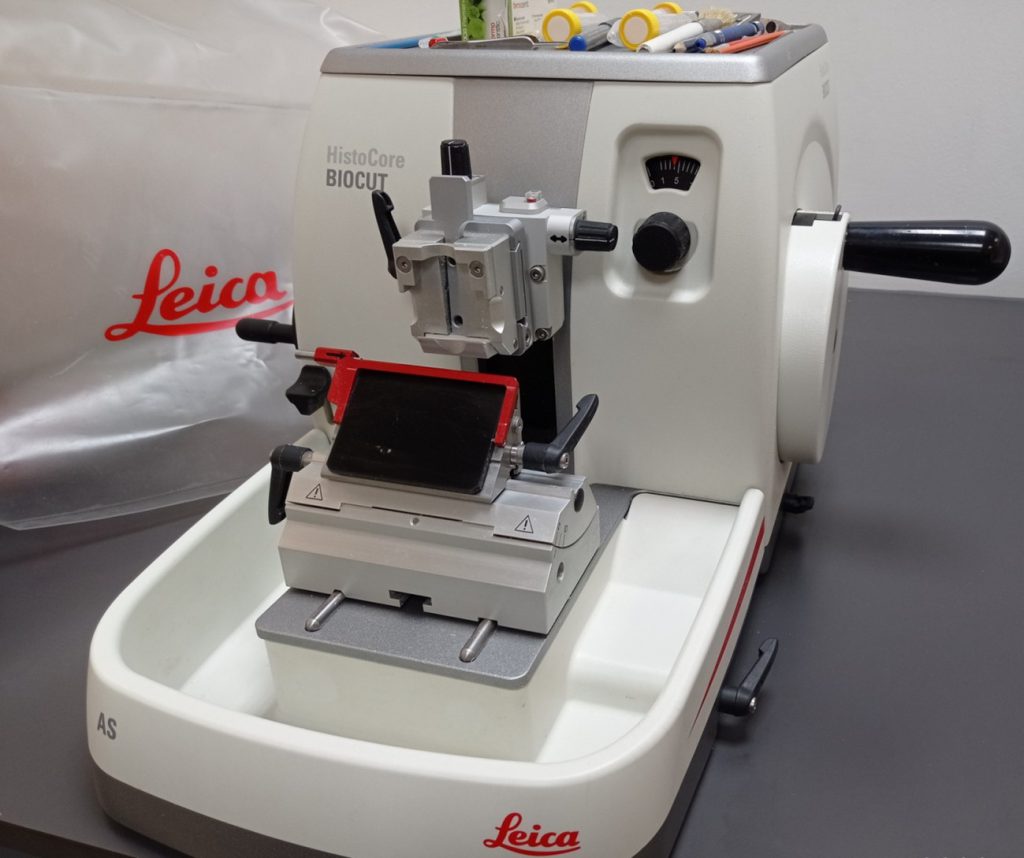
Microtome
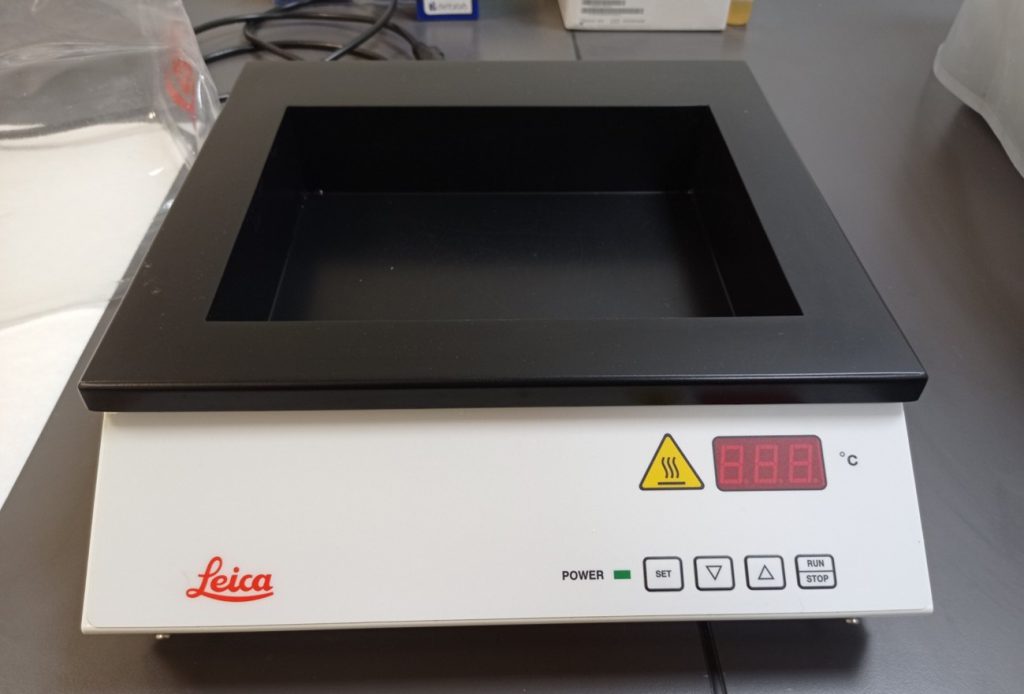
Bath
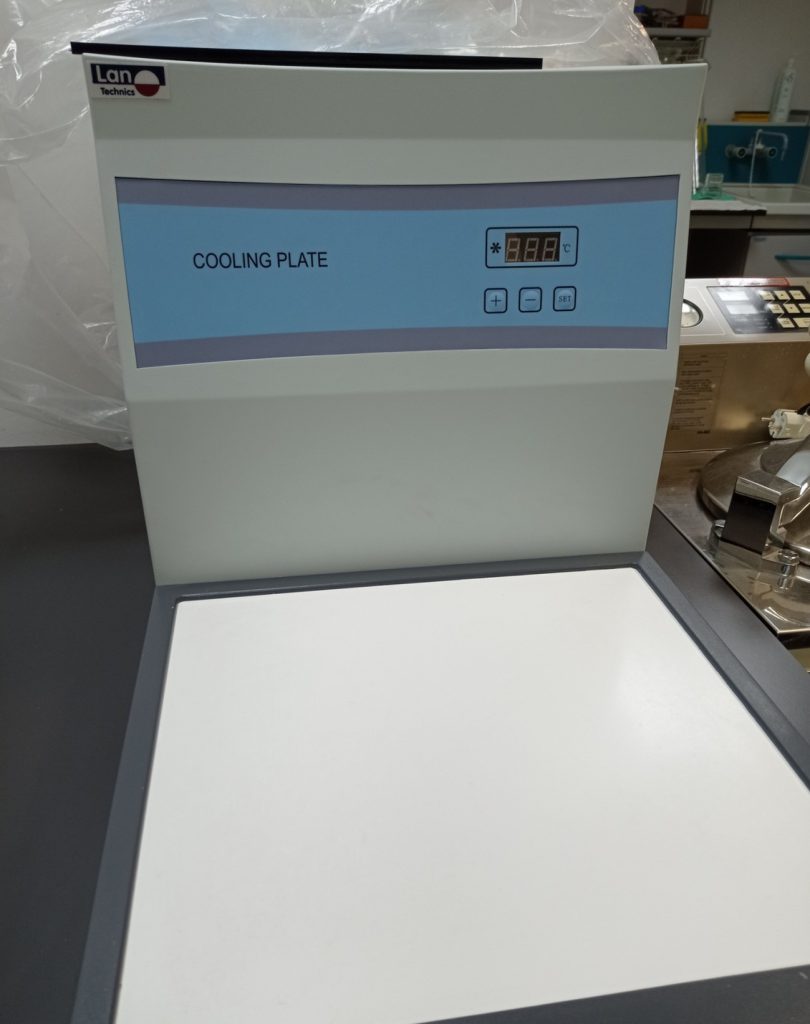
Cooling plate
Equipment for paraffin processing: tissue processors and inclusion stations.
Autoclaves for sterilization of buffers, media or material (tips, tubes, eppendorfs,…). Refrigerators, freezers (-20ºC and -80ºC) and liquid nitrogen tanks for the preservation of reagents, samples and cells.
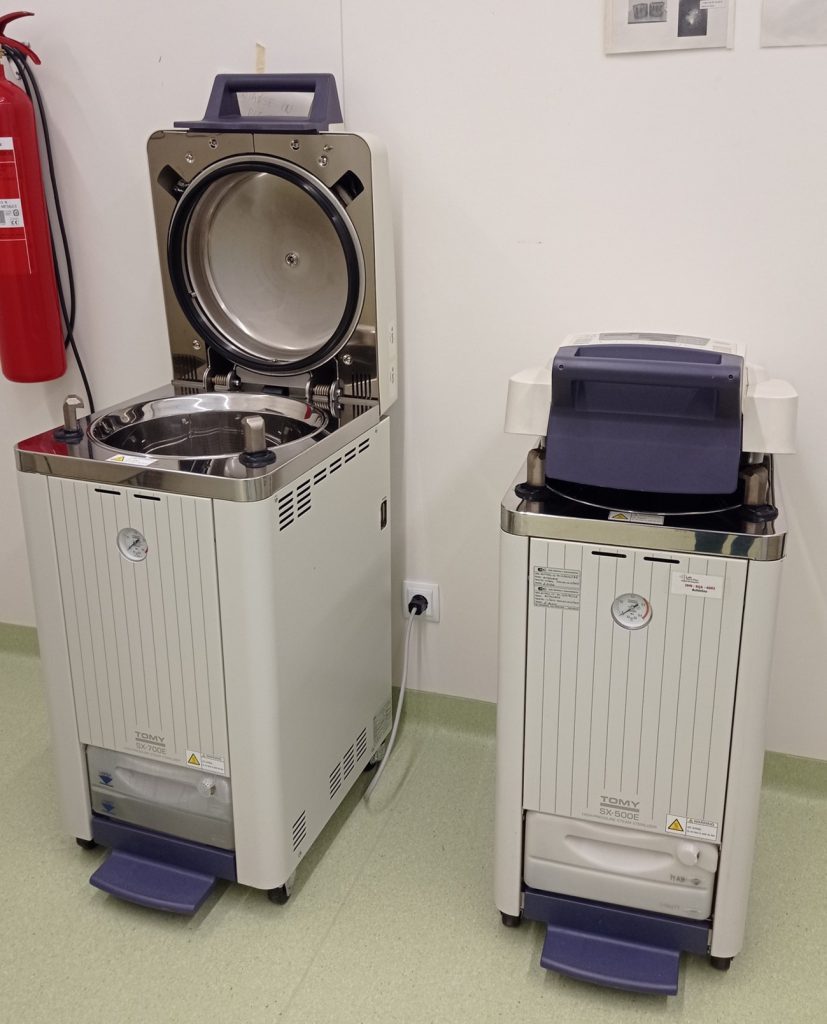
Autoclaves
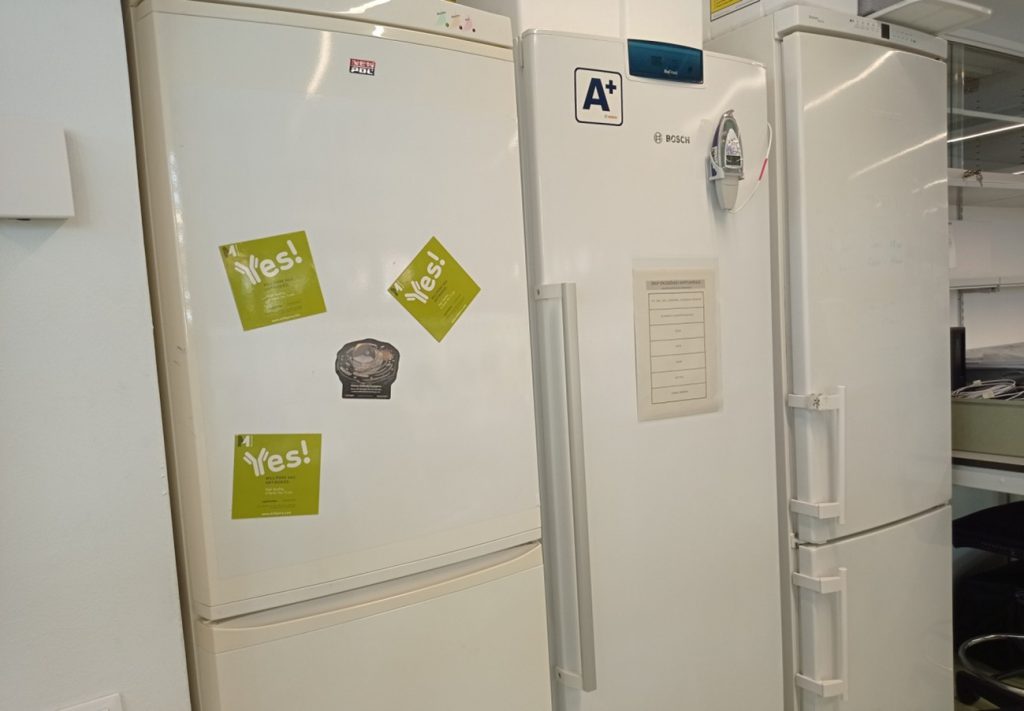
Refrigerators and -20ºC freezers
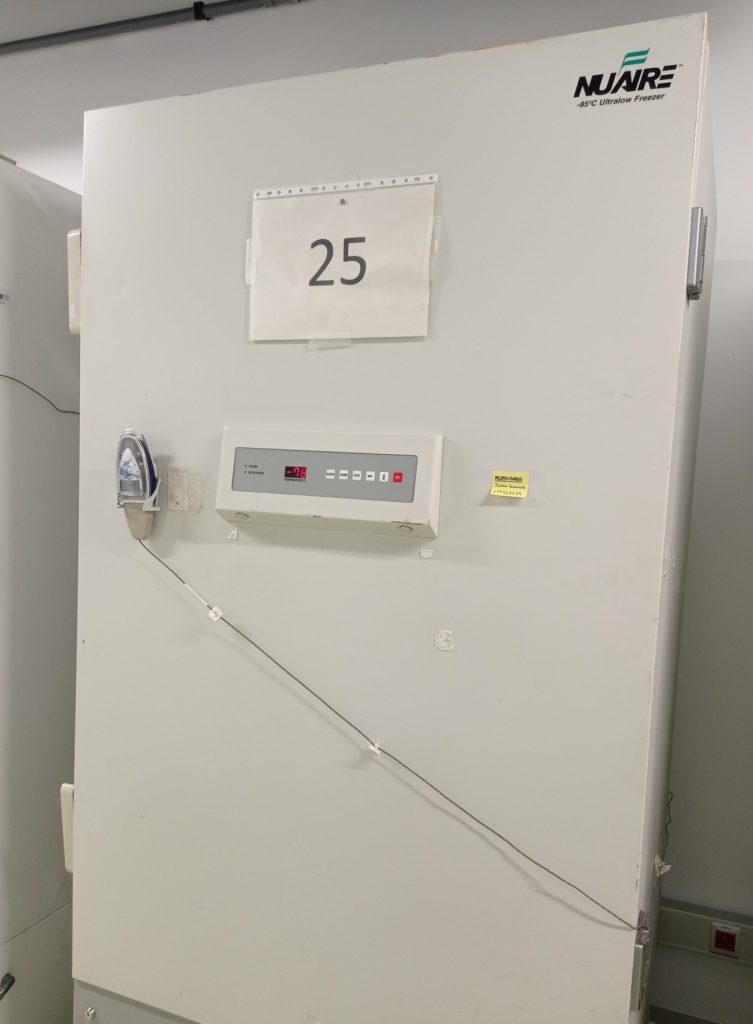
Freezers (-80ºC)
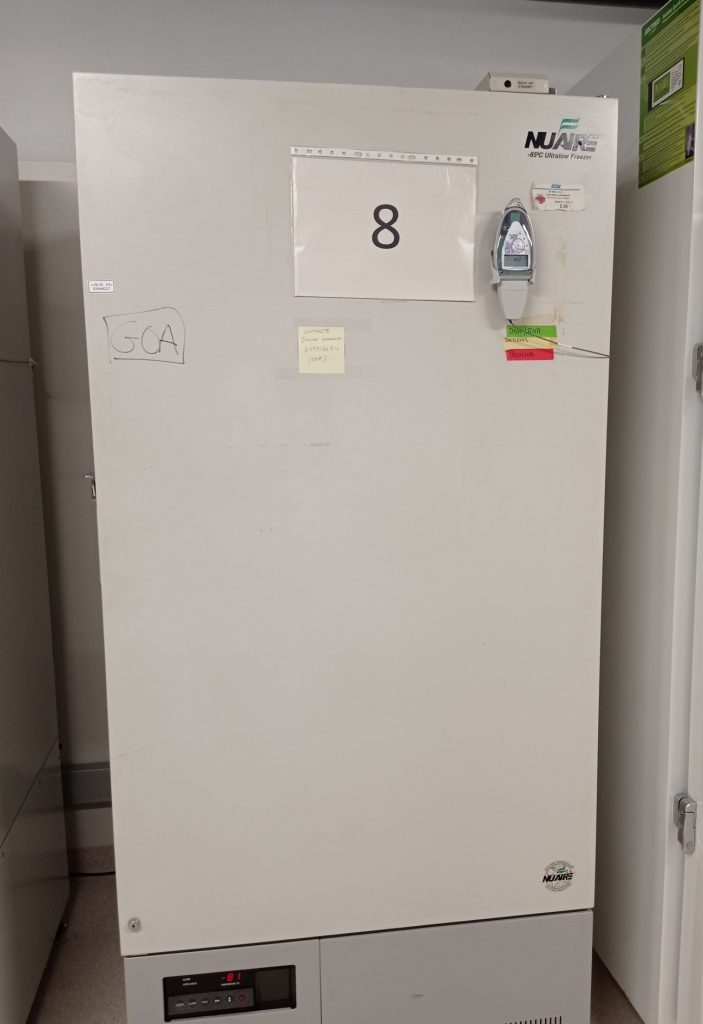
Freezers (-80ºC)
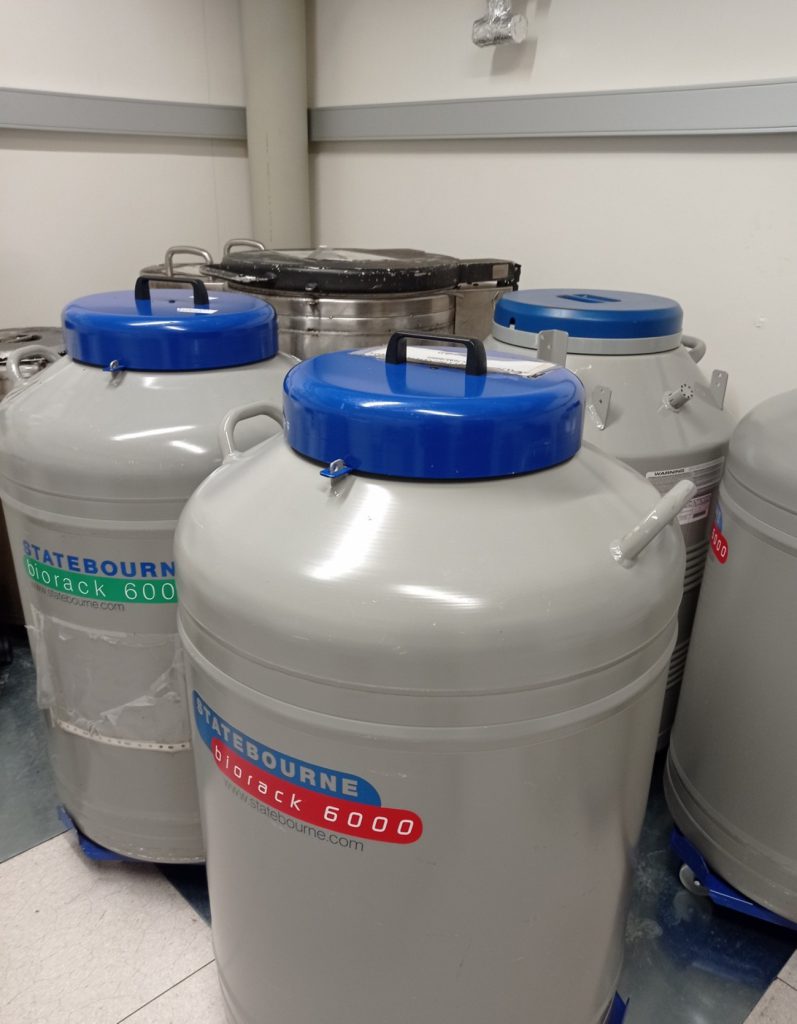
Nitrogen liquid tanks
Four cell culture rooms fully with equipped with cell culture hoods, CO2 incubators, automatic cell counters, refrigerators, freezers, baths, centrifuges, inverted fluorescence and phase contrast microscopes.
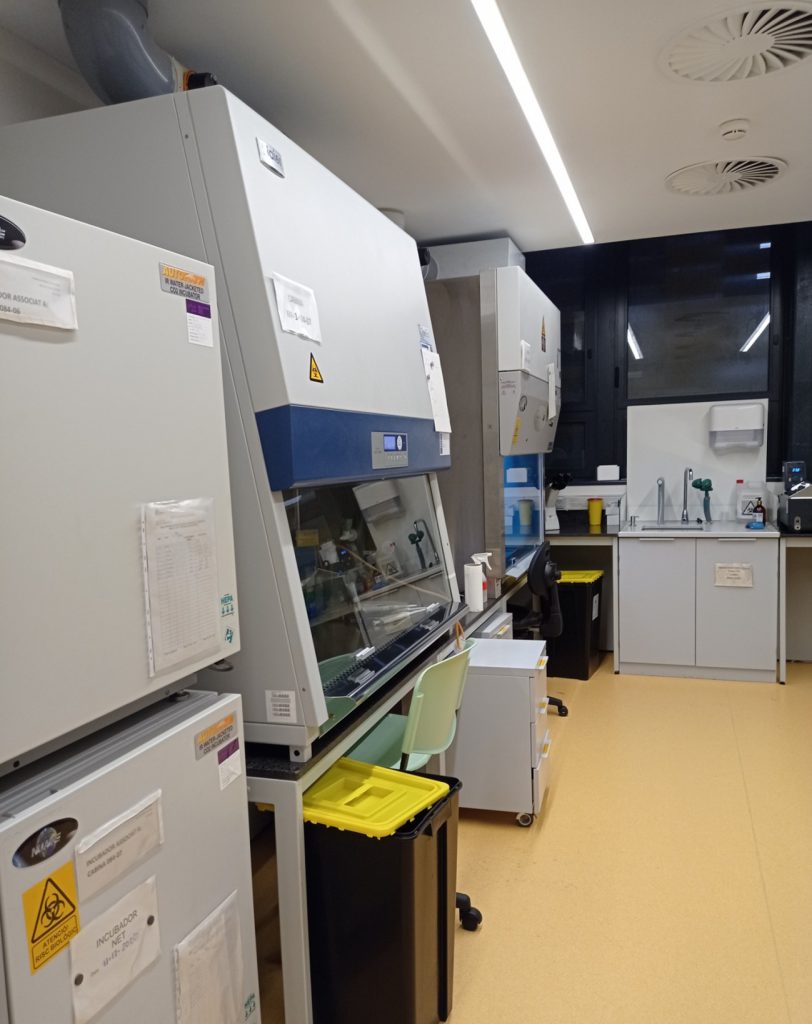
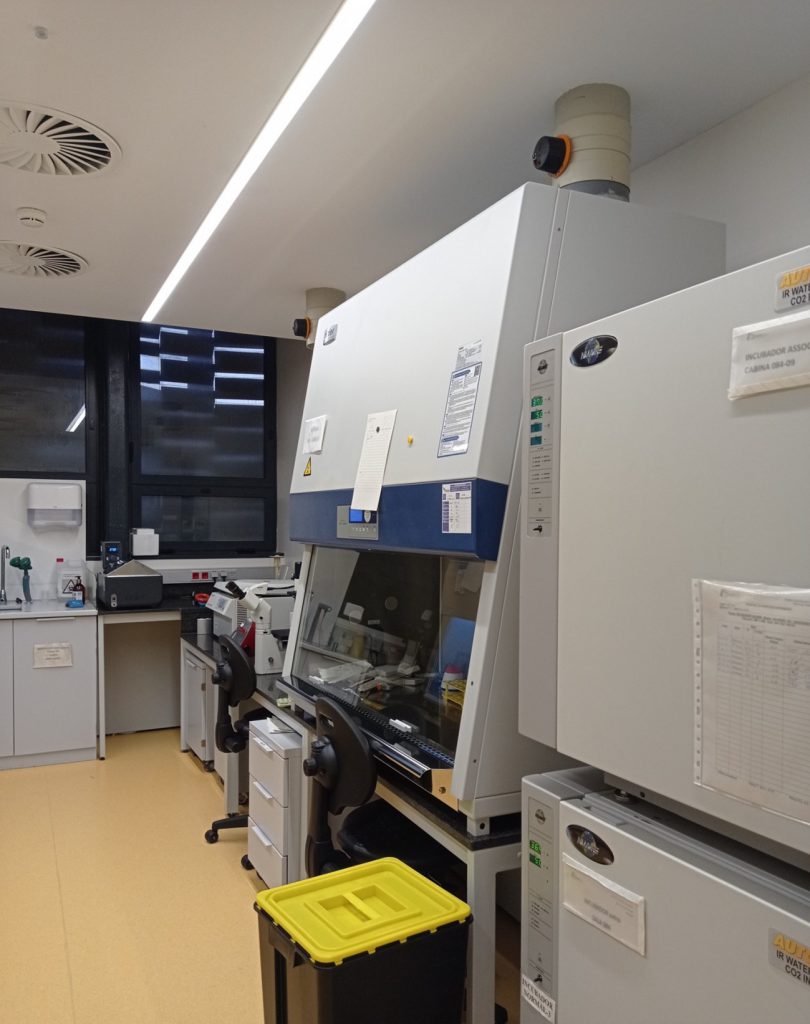
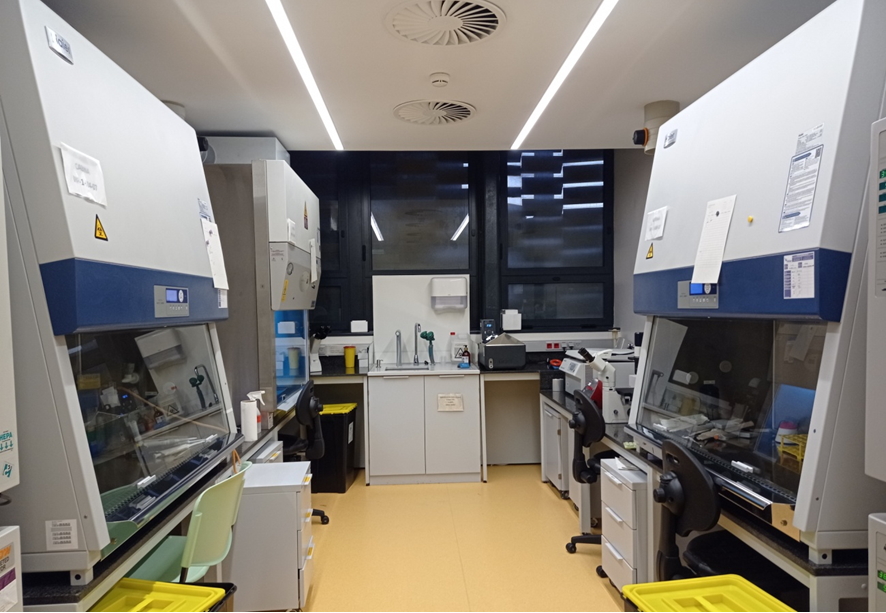
The aim of this service is to evaluate the in vivo toxicity of nanoparticles and drug-loaded nanoparticles. Thus, we offer different mouse models in which we can determine the toxicity of the compounds. We offer to evaluate the nanotoxicology in healthy mice of any strain or in tumor mouse models. In the service we have subcutaneous and orthotopic/disseminated models of lymphoma, leukemia and colorectal, endometrium, head and neck carcinomas. Moreover, we have also available PDX models of colorectal and endometrium cancer. We can also offer the possibility to set up new animal models of other tumor types.
Customer benefits
The customer will benefit from the experience of the researchers involved in the service that have evaluated the nanotoxicology of a high number of diverse nanoparticles. The service has also high expertise in developing new cancer animal models. Thus, we offer also the possibility of setting up new models of any cancer type that fit with the needs of the customer. Moreover, the conditions of the assays are flexible and will be adapted to the need of each specific compound.
Target customer
The offered service can be of interest to research groups of academia or companies willing to test the nanotoxicology of nanoparticles or drug-loaded nanoparticles in vivo.
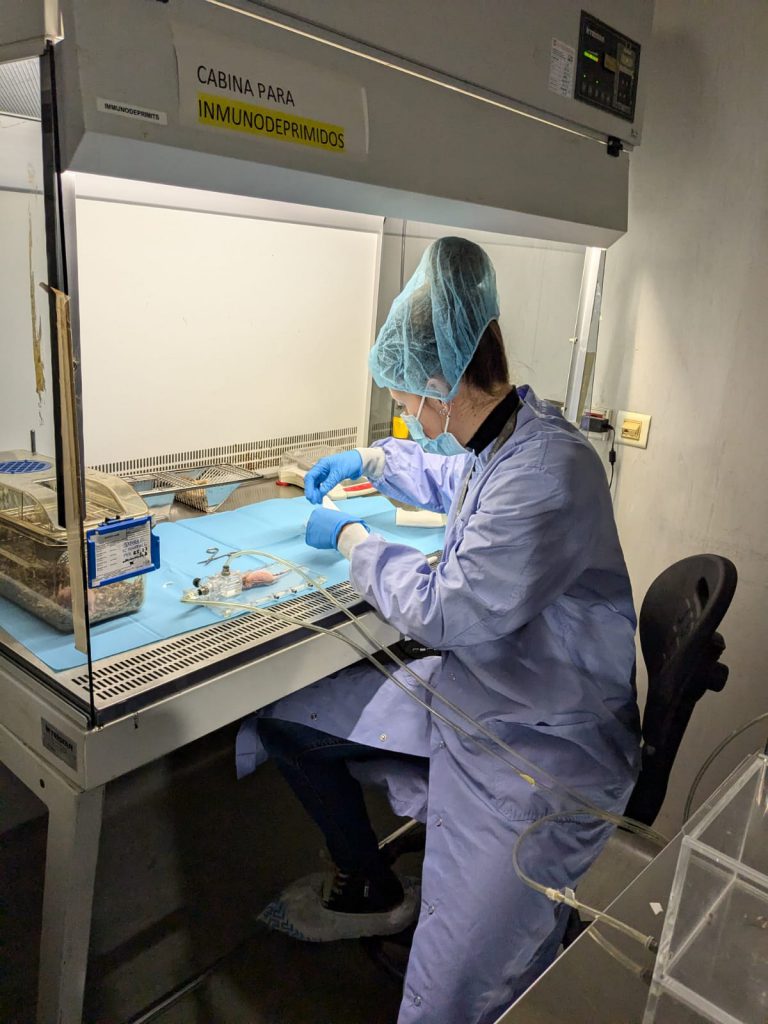
References
The aim of this service is to evaluate the in vitro toxicity of compounds in different types of normal human cells in which we determine the effect using different types of assays including MTT, LDH release and caspase activation. The cellular models that we offer include cells from kidney, liver, bone marrow stroma or peripheral blood. Additionally, we are offering immunology assays including detection of NO production and chemotaxis and phagocytosis assays.
Customer benefits
The customer will benefit from more than 20 years of experience of the researchers involved in the service that have performed the in vitro evaluation of the toxicity of different nanoparticles and other types of compounds. We offer also the possibility of setting up new in vitro assays or to offer other cellular models that could be of interest for the costumer. Moreover, the conditions of the assays are flexible and will be adapted to the needs of each specific compound.
Target customer
The offered service can be of interest to research groups of academia or companies willing to test the toxicity of any compound in vitro.
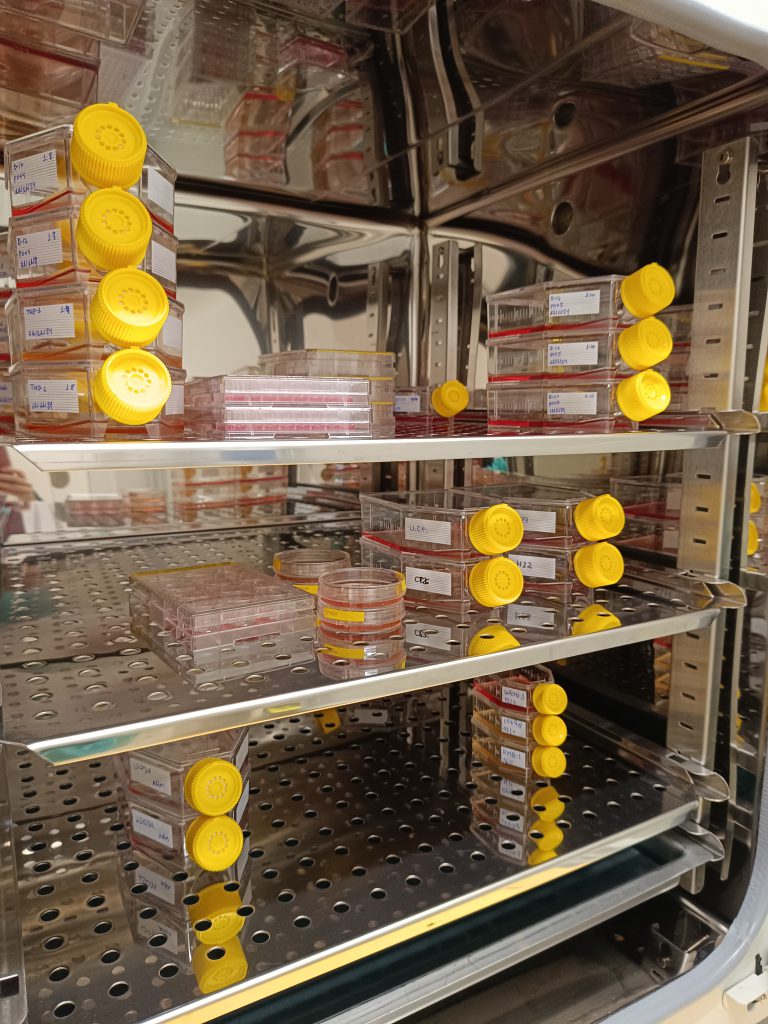
References
